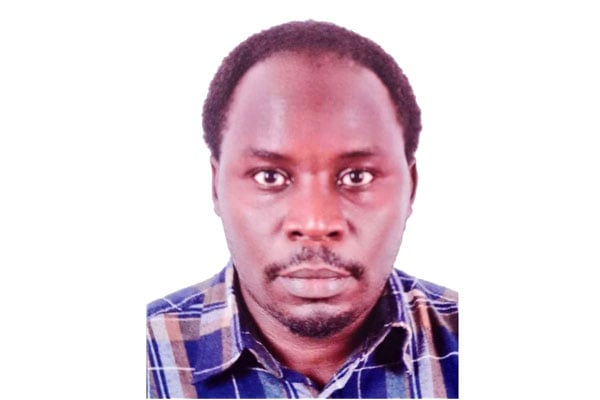Prime
Muhakanizi’s support for Lubowa project

Author: Mr Africa Kiiza
What you need to know:
- True to its word, on March 12, 2019, Parliament approved promissory notes worth $ 379.7 Million (approximately Shs 1.3 trillion at that time). To date, the hospital project is still at foundation level, having defaulted on its agreed upon completion date of April 2021.
The country is grieving over the passing on of yet another veteran civil servant and a celebrated economist of an impeccable acumen, bwana Keith Muhakanizi. His passing on reminds me of the time when he was the Permanent Secretary/Secretary to the Treasury at the Ministry of Finance, specifically in 2019. In that year, Ugandans came to learn that in December 2018, the Government of Uganda and FINASI/ROKO Construction SPV Limited signed an agreement where the latter party was to design, construct, equip with machinery and operate while training personnel (for two years) the International Specialized Hospital of Uganda (ISHU) at Lubowa.
The hospital would purportedly provide highly specialized medical care services for the common ailments currently being referred abroad at very high cost, pegged at $100-300 million annually. Initially set at $ 249.9, the Time Value of Money’ or interest cost of payment that Government has to incur as a result of repaying FINASI/ROKO Construction over six years eventually set the total cost at $ 379.71 million.
True to its word, on March 12, 2019, Parliament approved promissory notes worth $ 379.7 Million (approximately Shs 1.3 trillion at that time). To date, the hospital project is still at foundation level, having defaulted on its agreed upon completion date of April 2021.
Explaining the delay, the ministry of Finance blamed it on heavy rains and the Covid-19 lockdown. Controversial as this might look, the mystery only deepens. Few months after the initial payment, media was awash with reports that the joint venture between FINASI and Roko had collapsed with FINASI edging out the latter in favor of Power Construction Corporation of China. It was also alleged that up to Shs 240 billion had gone missing before the project even kicked off! In spite of the Lubowa project stalling, in March 2023, the ministry of health tabled a Shs 31.8 billion supplementary budget for FY2023/24, of which ShsShs2.7 billion will be spent on the supervision of the “works” at Lubowa hospital.
But what has this got to do with the noble Keith, you may ask. Keith defended Lubowa Hospital project to the hilt. Indeed, while the civil society and parliamentary minority report on the project were questioning the project on grounds of transparency in the award of the contract, value for money, implications to health sector financing and Uganda’s indebtedness, Keith stayed a loyal defender of the project. On Wednesday, March, 27, 2019, he released a media briefing to make clarifications in light of the “various misunderstandings” that the public had on the Lubowa hospital project. Keith’s briefing assured Ugandans how the hospital, once finalized, would provide a number of benefits from saving the country from financial hemorrhage due to international referrals to providing the same specialized medical care to Ugandans and also promote medical tourism in the great lakes’ region.
Moreover, corruption has eaten deep into the Uganda’s health sector that through a multimillion dollar scam called “Cut-practice”, Indian middlemen are colluding with some Ugandan doctors, offering them commissions, so as for the latter to refer Ugandans to India for treatment even when it is clear that the patient could be either treated from Uganda, or is suffering from advanced diseases e.g., terminal stage inoperable cancers, thus has slim chances of making it.I can only speculate that Keith passed on gnashing at the reality that that his much-defended project did not materialize during his lifetime. While parliament has threatened to pull the plug on the project, the failure in effecting change on the bleak status of the project makes its threats akin to those of a dockside bully. It is safe to argue that Keith had the best interests of the Ugandan tax payer at his heart by defending Lubowa Hospital project.
Indeed, such a facility would, perhaps, spare the less privileged Ugandans the trauma and shame of organizing harambees for their loved ones to afford the hefty fees of international referrals. May we honor his memory by seeing to it that the Lubowa Hospital is up and running.
The author, Mr Africa Kiiza is a PhD Fellow at Universität Hamburg




